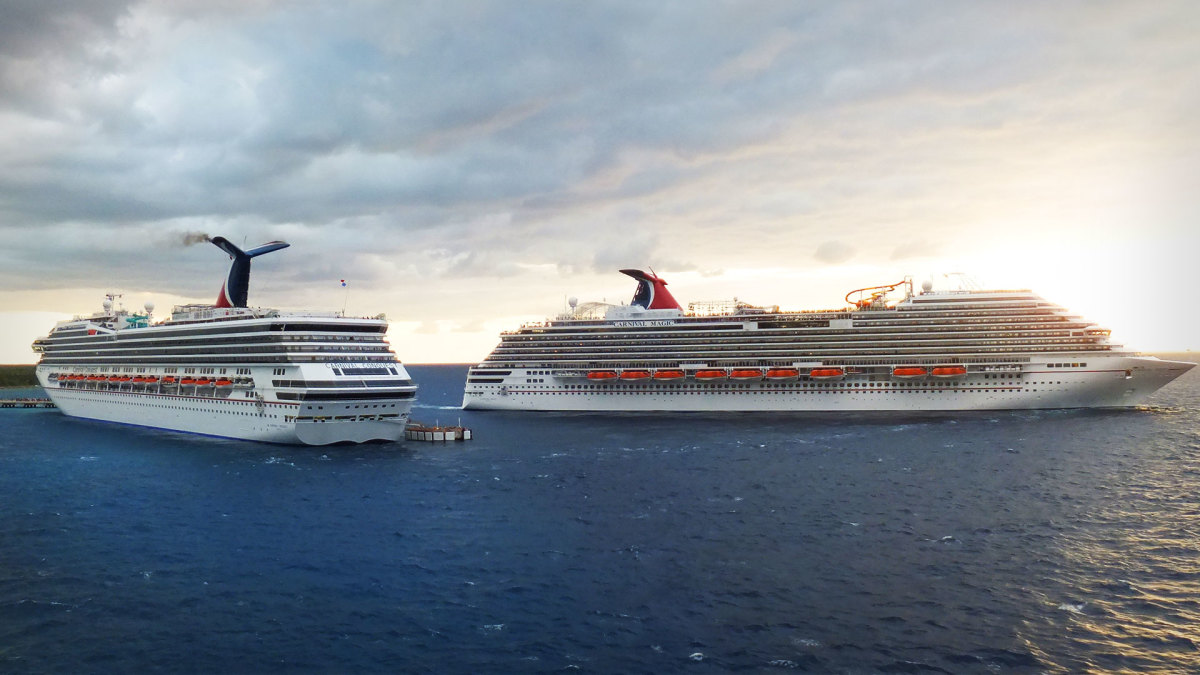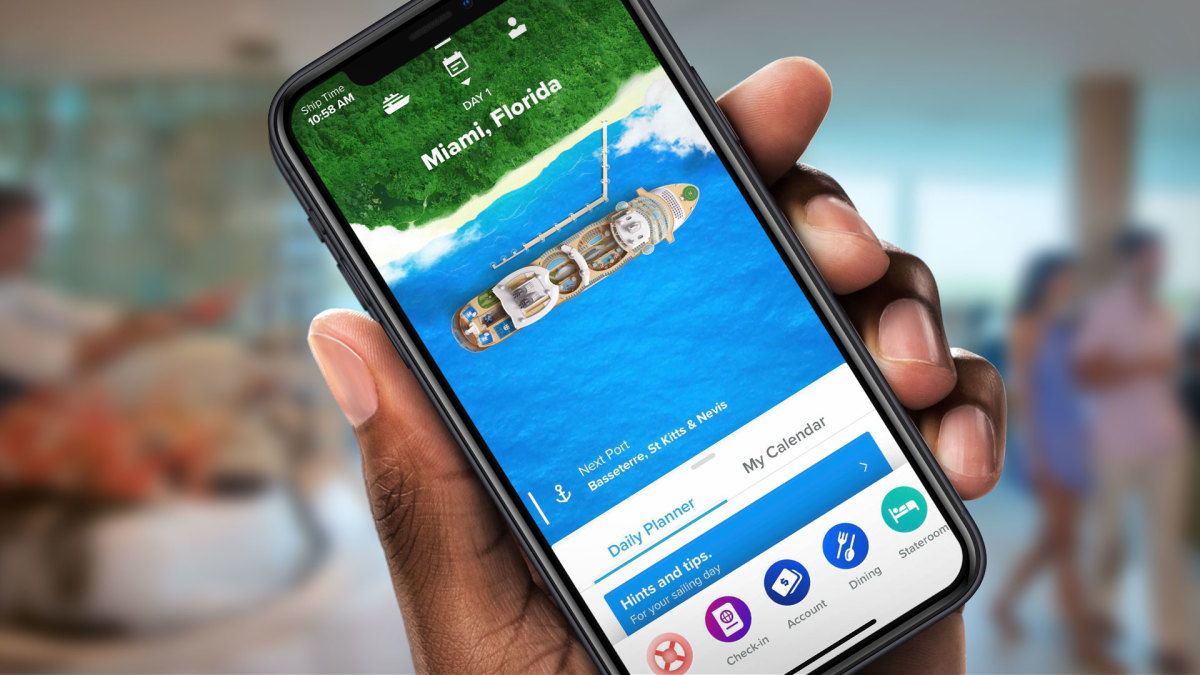
While a cruise ship seems like a floating hotel, it's much more than that. It's also transportation that takes passengers to different countries where the laws may not match the ones Americans are used to.
It's illegal, for example, in parts of the Caribbean to wear camouflage. Not knowing that and not listening to cruise-line warnings about acceptable attire in each port can lead to fines or even jail time.
Related: Why Royal Caribbean, Carnival, and other cruise prices are higher
In general, cruise lines try to warn passengers about what to expect in every port. Before passengers get off, warnings are made clear via the daily newsletter and through the captain's announcements.
The problem is that many passengers don't listen or don't take the warnings seriously. In addition, cruise lines including the various Royal Caribbean RCL and Carnival Cruise Line brands don't do a great job communicating one key piece of information before passengers get on ships.
It's not that they don't have this key information on their website, but they generally don't communicate it well to upcoming passengers. That can lead to some very angry people when they get hit with a massive bill after their cruise ends.
Carnival Brand Ambassador John Heald addressed this issue as a way of warning upcoming passengers.

Image source: Royal Caribbean
Do this as soon as you get on board a cruise ship
Cruise-line passengers need to be aware that they are leaving the U.S. This can affect everything involving your phone and other connected devices.
If you buy an internet plan, some streaming services may not allow access based on where you are. Phone service may be offered when you're in port, but that varies by plan and phone carrier.
Some carriers, including T-Mobile, TMUS send a text detailing costs and what's included when you dock in each port. That lets customers know exactly what to expect and what will cost extra.
T-Mobile also issues a warning when customers are at sea but have not set their phones to airplane mode. If they do not do that, they can be charged data fees even when they're not using their phones. So when you board your cruise ship, set your phone to airplane mode.
Sign up for the Come Cruise With Me newsletter to save money on your next cruise.
If you are not in airplane mode, your phone may connect to partners of your carrier that charge for that privilege. This can lead to some large and unexpected bills. Heald shared some info on a passenger who faced this situation after a recent cruise.
Carnival shares a phone warning
Even if you purchase a ship WiFi package, it's important to put your phone on airplane mode unless you have purchased a specific cruise plan from your carrier. AT&T T does offer plans, but they're offered only on select ships.
Heald shared the story of a passenger who did not heed this warning.
"I have been dealing with a guest who had a very, very large phone bill after their eight-day cruise. They had been using the phone for internet and calling, etc. I feel terribly sorry for them, but I’m afraid there is nothing I can do to refund the almost $400," he posted.
Heald can't help because Carnival is not billing the passenger; the customer's phone carrier is.
If you don't put your phone in airplane mode, which is found under settings, you will almost certainly run up extra charges.
ALSO READ: Carnival Cruise Line addresses key onboard dining rule
"When my daughter was young, a friend of hers gave ship tours to all his friends while at sea. $2000 bill. We’ve always put phones on airplane mode and just used WiFi. I have Mexico included in our plan so in Mexico I’ll turn it off airplane mode but otherwise, no," Sandy Latour shared.
Want the latest cruise news and deals? Sign up for the Come Cruise With Me newsletter.
Horror stories like this are fairly common.
"As soon as I step foot in my home (the ship) I immediately switch to airplane mode. I know someone who cruised in February and their daughter racked up an $800 phone bill," Akila ZenZone Mason added.







